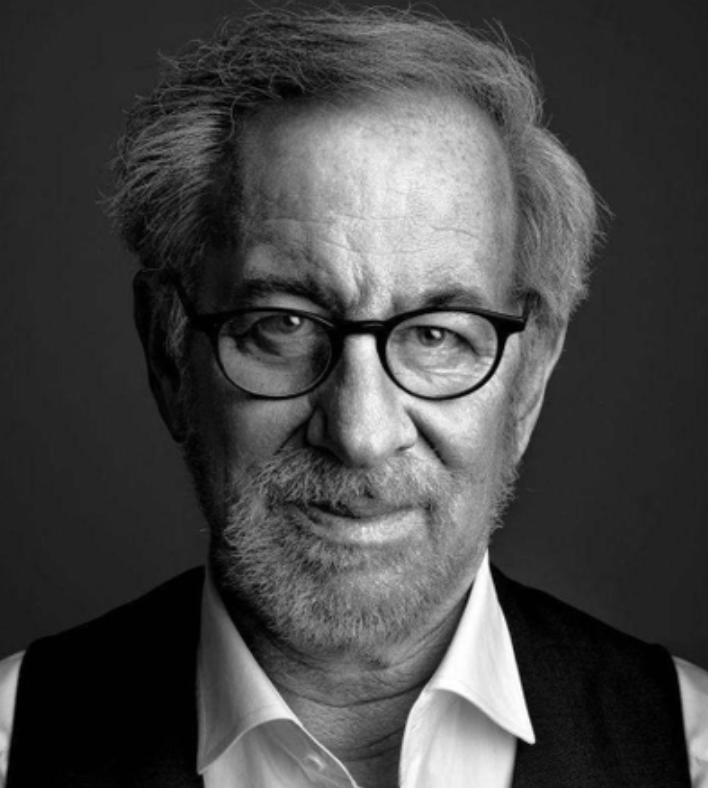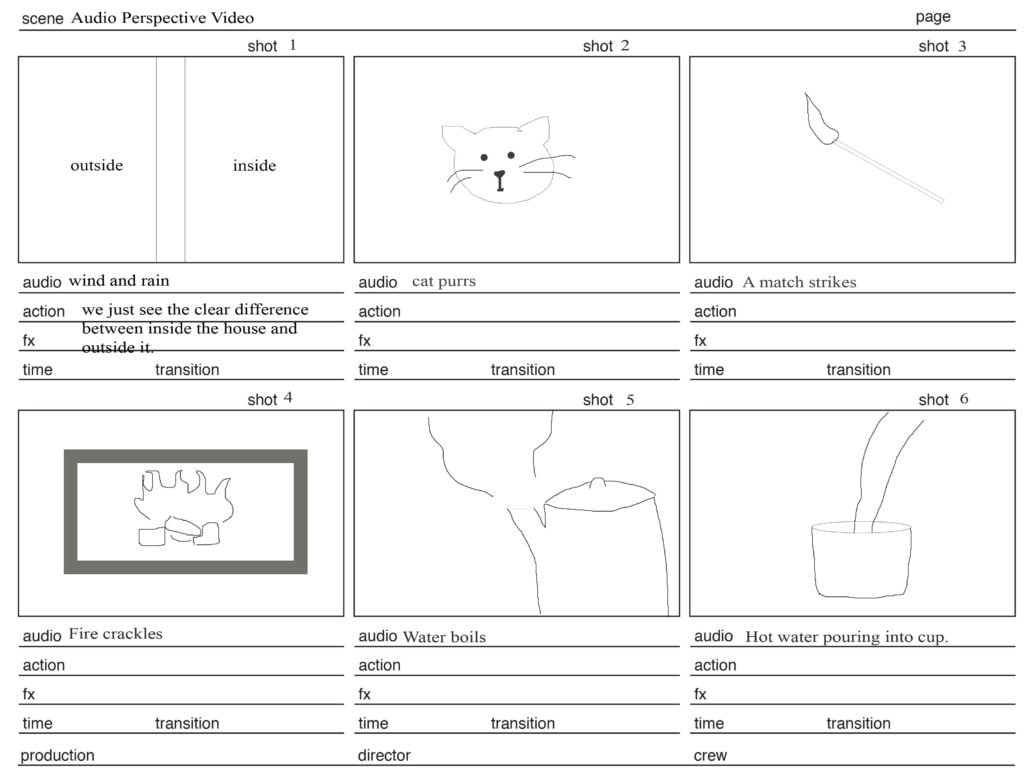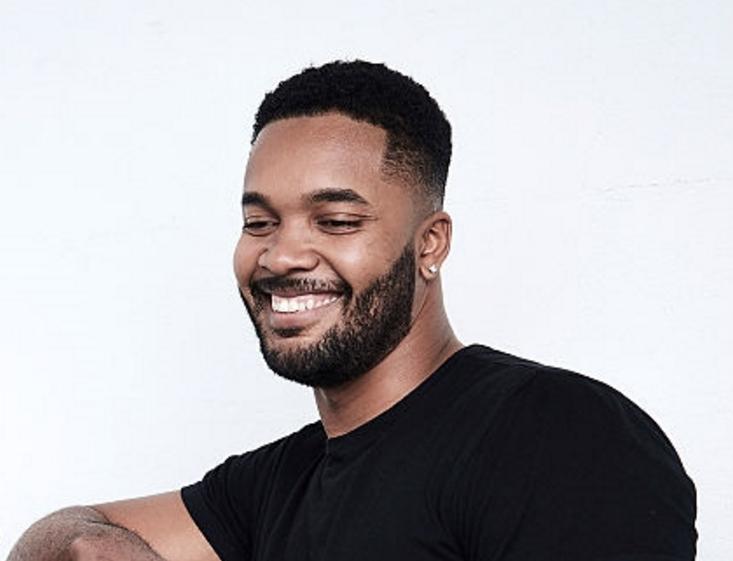Hi, I’m Erix. As a kid, I always enjoyed blockbuster movies. Steven Spielberg was my favourite director at the time. When I was in High school I decided to attend a college that would teach me how movies are made.
I decided on the art institute of Miami (Miami international university). It was here that I learned the structure of movie-making.

Who inspired you to become an editor and eventually director?
Spielberg is who inspired me at first to be a director. Now I love the work of Tarantino. To be honest I didn’t like editing very much at first. Somehow I just learned to be good at it because I didn’t want to fail my class.
I wanted to be a director, but once I got my first big editing gig, the jobs just kept landing. I fell in love with creating and shaping a story.
Editors are the gatekeepers of how a story flows. Directors will always want to see their cut and they will always hate it, so it’s up to you to deliver better options.
I started working for a company called live star entertainment and the content was good enough to make me want to edit more and more.
Here’s an example: Inside The Five-Day Stretch When Obama Found His Voice On Race
How was the process moving from Zumba as a coordinator in 08’ to InsideCelebrities and Skum Rocks as in-house editor / producer / shooter?
It was crazy. I answered a job listing in my school and somehow I ended up with a band that wanted to shoot a documentary. They didn’t know anything about filmmaking and honestly after just graduating I didn’t know much either.
To them, I knew it all. It was such a mess. So many hours of footage. Nothing was ever planned but it kept me busy and on my toes. Still really good friends with the band.
Coming from a LatinAfro background, I didn’t know anything about rock and roll. It was a really fun ride. I got to meet legends like Alice Cooper and Cheap-Trick but I had no idea who they were at the time.
How was it graduating and finding a job in the middle of the 2008 crisis?
I think graduating in the 08′ crisis allowed me to be more open to different types of jobs in the field. I took on any role as long as it had to do with filmmaking.
After the Skum Rocks documentary, It was tough to get any work. No one was hiring someone who just graduated.
I went back to work retail for a while until a friend landed a job for a watch company. He was producing and directing a live shopping watch show. He called me one day and asked if I wanted to join the team and without any hesitation, I went for it.
The job consisted of shooting B-roll of watches, Editing them for the live show and eventually, I grew to become a technical director as well. The team of people I worked with was all passionate about film making but we just never got the right opportunity.
Have you always been freelancing on the side while working full time?
I always freelance on the side. Is what keeps me at peace. I never try to miss an opportunity to meet people in our field. This is what is helping me create specs and short films today. Creating bonds and building relationships.
How did you land your first client as a freelance editor and shooter?
My first gig was with the rock band and that was just a job posting on the school wall. They made it seem like I did good in the interview but I think I was just the only one who applied. Lol!
My first real job as an editor, shooter, and technical director was with the watch company SWI, The show was called World of Watches.
What’s your editing process once you have the files?
Gathering as much information from the project as possible. “What does it mean to the creator?” is always a question I ask.
Editing for Oliver Agency is super easy. We have a wonderful team of creative directors. They know exactly what they want and the entire ad is storyboarded for you to follow.

No one ever likes the first rough edit so it is up to the editor to give suggestions. You’ll be much more appreciated for this. Always deliver what they want and add suggestions later on a duplicate of your timeline.
Which platforms & tools do you use for editing?
I use Premiere Pro, Final Cut Pro, After effects, Photoshop, Illustrator, and DaVinci Resolve.
Which project or video are you most proud of?
The editing project that I’m most proud of never aired on Television. It was a 30for30 about the 90’s Nebraska football team and how one of the team captains allegedly sexually assaulted a cheerleader.
Took over 3 months to edit and flesh the story out. Once I was done, Disney decided to pull the plug for unknown reasons to me. I begged the director to make me the lead editor and he gave me a chance. It was an amazing experience.
My first big project from beginning to end. He gave the assistant editor and me control of the story. That will forever be my baby.
I got to work on other smaller projects for the company as well. I edited small docs for Fivethirtyeight. The director gave me room to grow. I was allowed to shoot certain interviews.
As a director, I’m proud of my first spec commercial.
It takes a lot to create your own ideas. With the help of my best friend, William Vargas who’s an amazing DP, a couple of other crew members I met on other sets and workplaces. I finally accomplished the first of many films.
“Thank You, Big brother” above and “Father’s Day” on my site.
Where can someone see your rates, if they’re interested in working with you?
My starting rate as a senior video editor is $700/day. I’m never too big to take on smaller jobs so as a regular editor I charge $500/day.
Since I have a full-time job with an agency, I don’t post my rates anymore. Just if someone ends up asking. Most freelance gigs now come from people I know.
The difference is overseeing the project, making sure the team is on schedule and delivery is up to spec depending on the network it’ll air. Each network has its own delivery spec etc.
What’s your advice to freelance editors or shooters moving to Miami for work?
I’m now in NYC but the best advice is to make friends within the industry. Always be professional. Never complain, The director is always right. This is key to making sure clients call you back for more work.
Never complain, The director is always right.
Always map out the story of what you’re editing. When you’re stuck, take a breather and revisit later. Sometimes editors can get stuck like writer’s block.
How are you doing today and what does the future look like?
I’m doing amazing. I have a good job as a senior editor for Oliver agency. Even though things slowed down during the pandemic, I’m glad to say I’m still working.
I won my first film festival award with the “Thank You, Big brother” commercial-spec. ”Father’s day” got 2nd place.
It was for an online film festival called ‘’Open Film Festival’’. A victory that was needed to boost my confidence as a director.
I’m writing a short film at the moment from a longer TV series script. Looking forward to shooting it and entering festivals like Sundance, Cannes or Tribeca for next year.
”I think graduating in the 08′ crisis allowed me to be more open to different types of jobs in the field. I took any role as long as it had to do with filmmaking”








